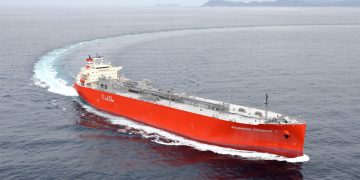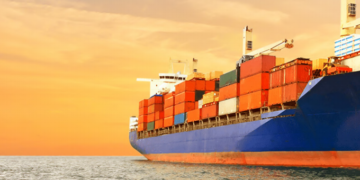The Arctic is warming at a rate twice as fast as the rest of the world, in part because of the harsh effects of black carbon pollution on the region, which is made up mostly of snow and ice. Black carbon—one of the main components of soot—is a deadly and widespread air pollutant and a potent driver of climate change, especially in the near term and on a regional basis. In colder, icier regions such as the Arctic, it peppers the Arctic snow with heat-absorbing black particles, increasing the amount of heat absorbed and rapidly accelerating local warming. This acceleration exposes darker ground or water, causing snow and ice melt and lowering the amount of heat reflected away from the Earth. Combating climate change requires immediate and long-term cuts in heat-trapping carbon pollution, or CO2, around the globe. But reducing carbon pollution alone will not be enough to avoid the worst effects of a rapidly warming Arctic— slashing black carbon emissions near the Arctic and globally must also be part of the solution. Unlike regular carbon pollution, which remains in the atmosphere for a century or longer, black carbon emissions dissipate in just a few days or weeks but ...
Read more






















































